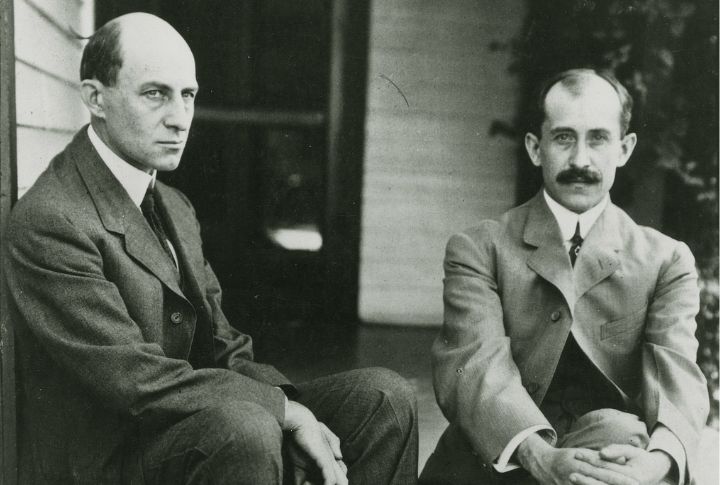
Truth doesn’t mind being patient. Some of humanity’s most transformative ideas were initially met with derision and disbelief. These ten remarkable individuals faced brutal criticism, professional isolation, and sometimes even persecution—yet they persisted. Their stories remind us that breakthrough thinking rarely receives immediate acceptance, but facts eventually win. Join us as we celebrate these vindicated visionaries. Are you ready to see who had the last word?
Ignaz Semmelweis
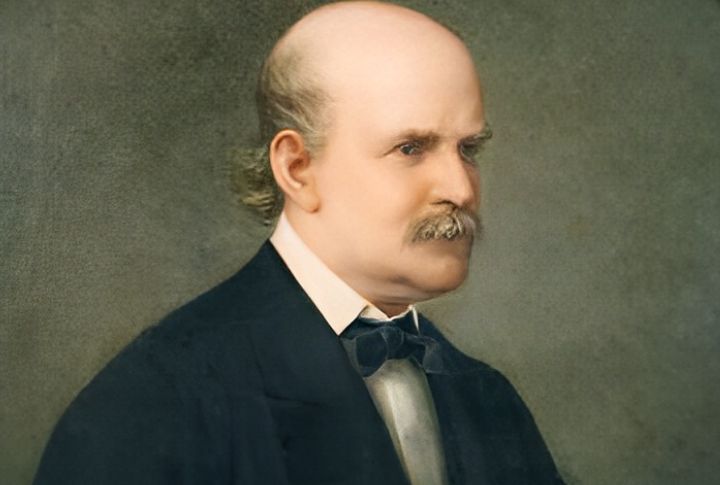
Determined to prevent maternal deaths, Semmelweis proved that chlorinated lime handwashing worked in maternity wards. The medical establishment, however, responded with mockery and even stripped him of his hospital role. This “savior of mothers” eventually lashed out, writing letters that branded his critics “murderers.”
Alfred Wegener
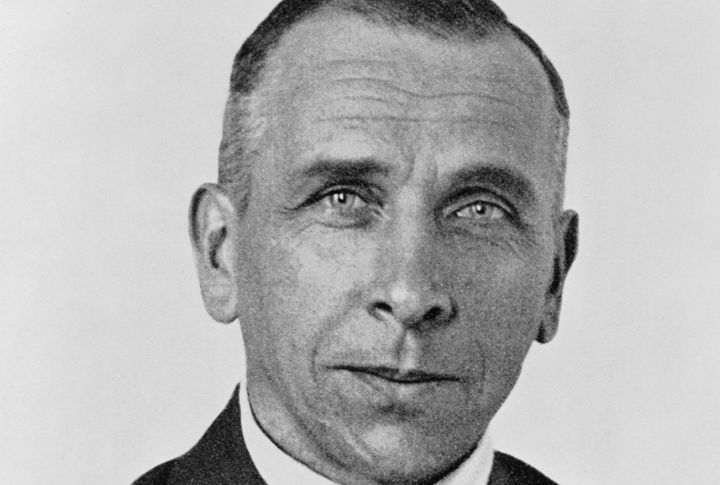
Professional ridicule didn’t deter Alfred Wegener from defending his continental drift theory. Originally trained in astronomy, he expanded into earth sciences with groundbreaking ideas. While he perished in Greenland, still advocating his work, plate tectonics eventually confirmed his dismissed insights.
Barry Marshall
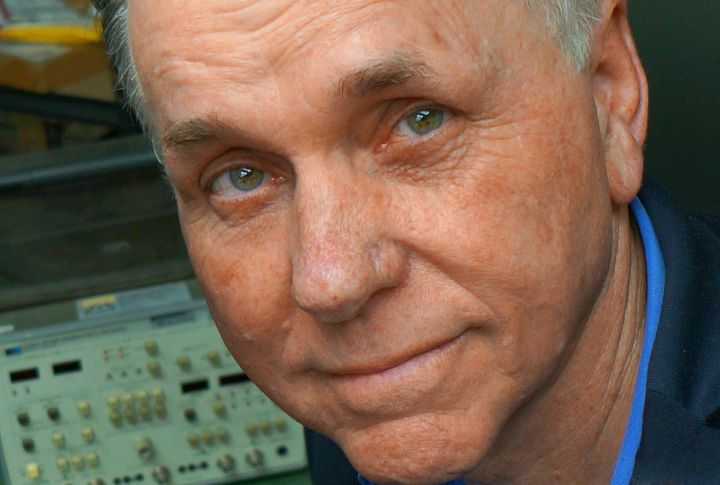
The medical world scoffed at Barry Marshall’s bacterial theory of stomach ulcers. But determined to disprove the stress explanation, “the guinea-pig doctor” infected himself by drinking H. pylori. The gamble paid off, earning him the 2005 Nobel Prize in Physiology or Medicine.
Galileo Galilei
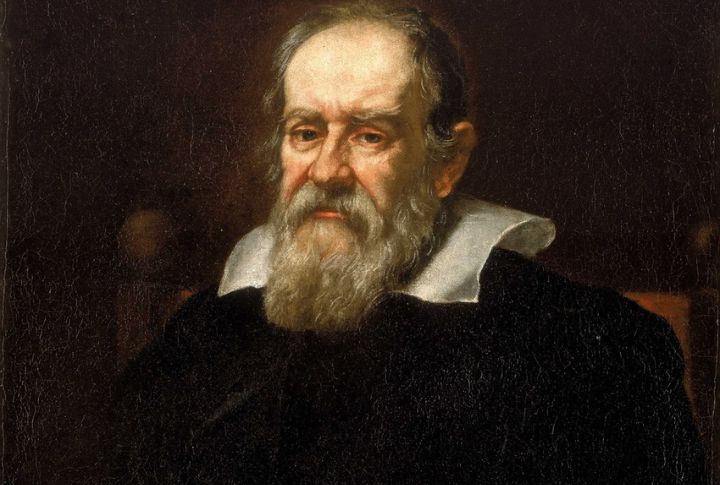
Dragged before the Inquisition, Galileo was silenced and confined to his home. His “crime”? Declaring that the Earth moved around the Sun. Yet, the very telescope he perfected revealed wonders like Jupiter’s four glowing moons—proof of his genius and the reason he endures as the father of modern science.
Gregor Mendel
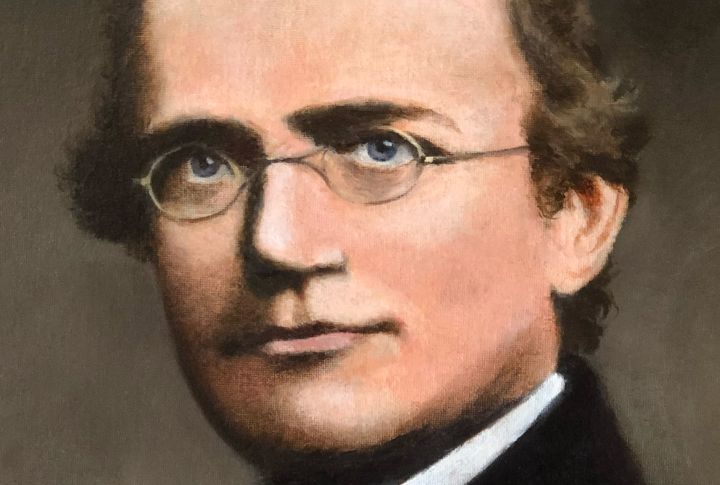
Among rows of peas, a monk uncovered patterns of heredity that would change science forever. But his ideas failed to gain recognition during his lifetime. Only decades after his death did scientists realize Mendel’s genius, transforming him from an overlooked gardener into the father of modern genetics.
John Snow
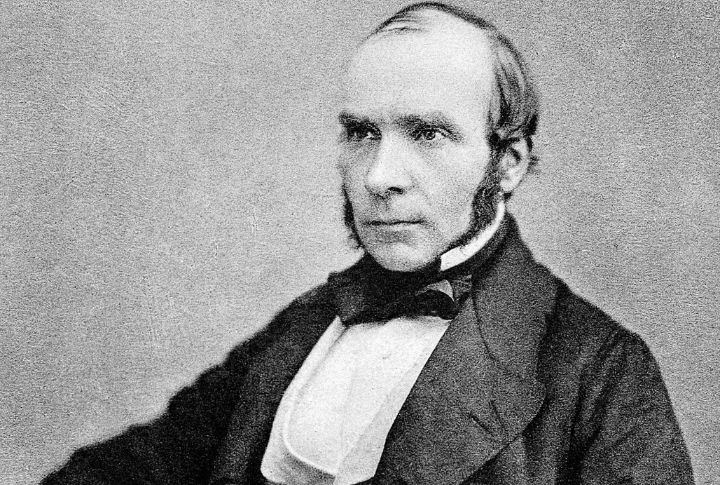
A pioneer of anesthesia, John Snow also uncovered that cholera in London spread from a contaminated pump. While his theory was initially dismissed, the removal of the Broad Street pump handle is now a legendary moment in public health and epidemiology.
Ada Lovelace
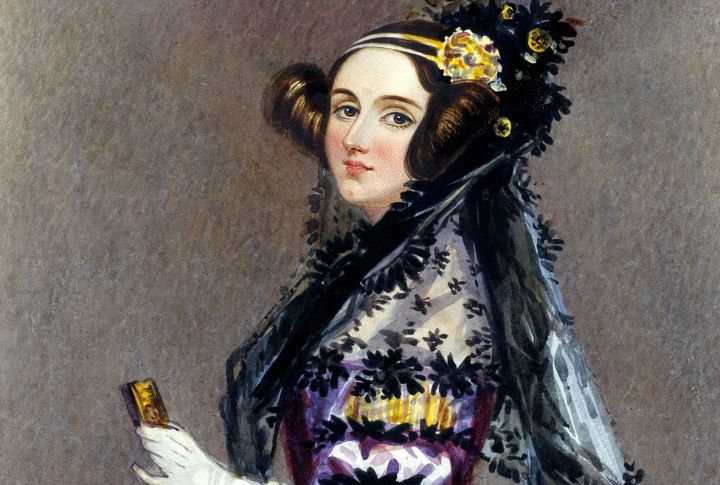
Ada Lovelace, the daughter of Lord Byron, foresaw computers being used to create music and art. Yet, her groundbreaking algorithm for Charles Babbage’s Analytical Engine, essentially the world’s first computer program, remained overlooked until the 20th century. This oversight also tragically delayed recognition of her genius.
Robert Goddard
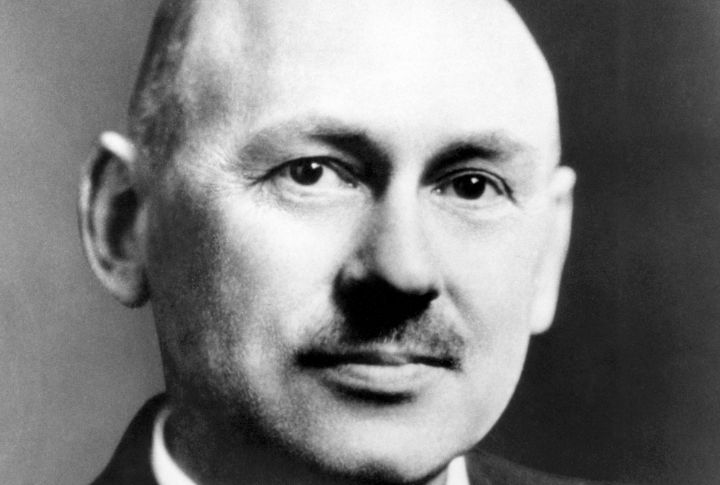
NASA’s Goddard Space Flight Center serves as a powerful reminder of Robert Goddard’s contributions. He built and launched the world’s first liquid-fueled rocket in 1926, but faced ridicule for suggesting space travel to the Moon. Instead of giving up, Goddard persevered, and his research laid the foundation for modern spaceflight.
Wright Brothers
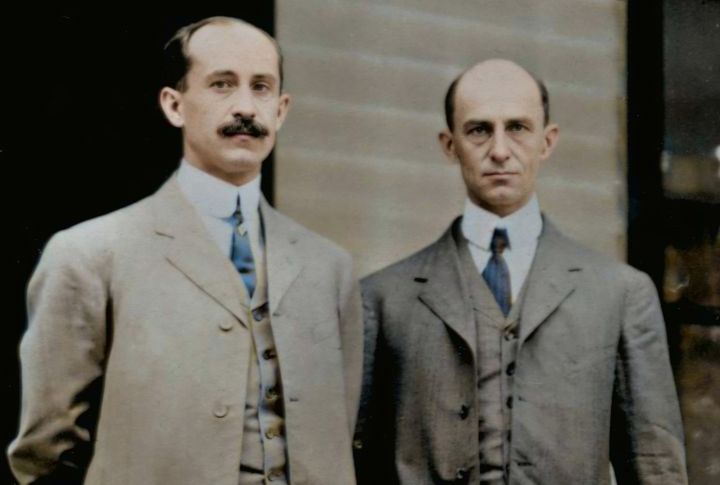
The Wright brothers, initially met with skepticism, owned a bicycle shop. However, their persistence paid off. In 1903, they achieved the first powered, controlled, and sustained flight, covering 120 feet in 12 seconds. Still, many experts dismissed their claims until public demonstrations proved them right.
Louis Pasteur
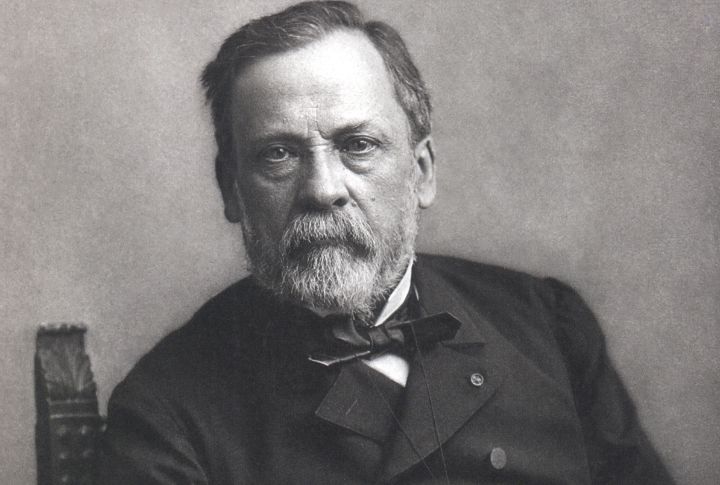
Despite facing ridicule, Louis Pasteur’s contributions to medicine are immense. His achievements ranged from pasteurization to the first rabies and anthrax vaccines. He also confirmed that germs cause disease, even though many doctors initially doubted him. And he achieved all this without being a medical doctor.

